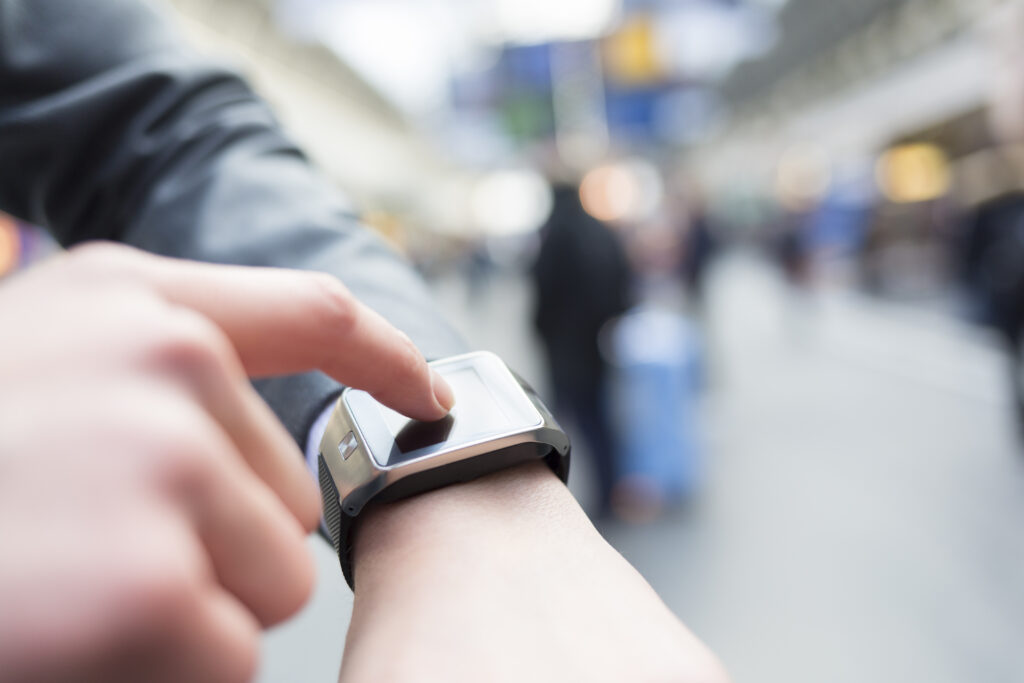Wearable devices could help big tech firms to better understand a consumer’s financial and risk profile and create more accurately priced financial products, according to the Financial Conduct Authority (FCA).
The FCA has issued a call for input, asking for information on whether the data asymmetry between big tech and financial services firms can influence how effectively competition evolves in financial services markets.
“So far, little research has been conducted on the potential competition impacts of this data asymmetry, especially when leveraged with Big Tech firms’ advanced analytics and AI technologies, in financial services,” the FCA said.
The call for input is intended to be of interest to established regulated financial services firms, big tech firms and others.
“Big Tech firms have access to data, advanced analytics and AI technologies that allow them to generate a more accurate understanding of a consumer’s financial and risk profile.
“This includes the ability to assess a consumer’s affordability, creditworthiness, and risk appetite more precisely.
“As a result, Big Tech firms may be able to price financial products and services more accurately than their competitors.”
It said the development is beneficial for consumers as it may reduce the cost of provision of financial products (for example, consumers may be able to obtain lower insurance premiums).
It may also improve financial inclusion by widening access to finance for consumers with ‘thin’ files.
“This may be the case for younger consumers who have not yet built credit history and their activity on Big Tech firms’ core platforms can be an alternative source of information for these purposes.”
Wearable devices
As an example, the FCA noted that a big tech firm could assess a customer’s creditworthiness based on their purchase history on its e-commerce platform. An algorithm may learn that certain consumer behaviours (such as discussing financial goals and habits) mean that consumers are more likely to repay their loans in comparison to those that do not discuss financial goals.
And a part of that is wearable devices such as Fitbits, Apple or Garmin watches.
“Firms that produce hardware wearable devices may have access to health data which may allow them to assess an individual’s health insurance risk profile.”
The FCA said it will use the information and evidence submitted to inform its views and shape any future regulatory response. It intends to report back on the CFI in the second quarter of 2024.
“Depending on our findings, our actions may include supporting competition and innovation where it can bring most benefits; using our powers to conduct a market study; taking enforcement action under Competition Act 1998; and/or referring specific issues to the Competition and Markets Authority (CMA) for them to consider in the context of the prospective pro-competitive regime for digital markets.”
“Through this CFI, we intend to focus in more detail on the competition impacts that may arise from Big Tech firms’ data advantages,” it said.
The FCA wants responses to this call for input by Monday 22 January 2024.
